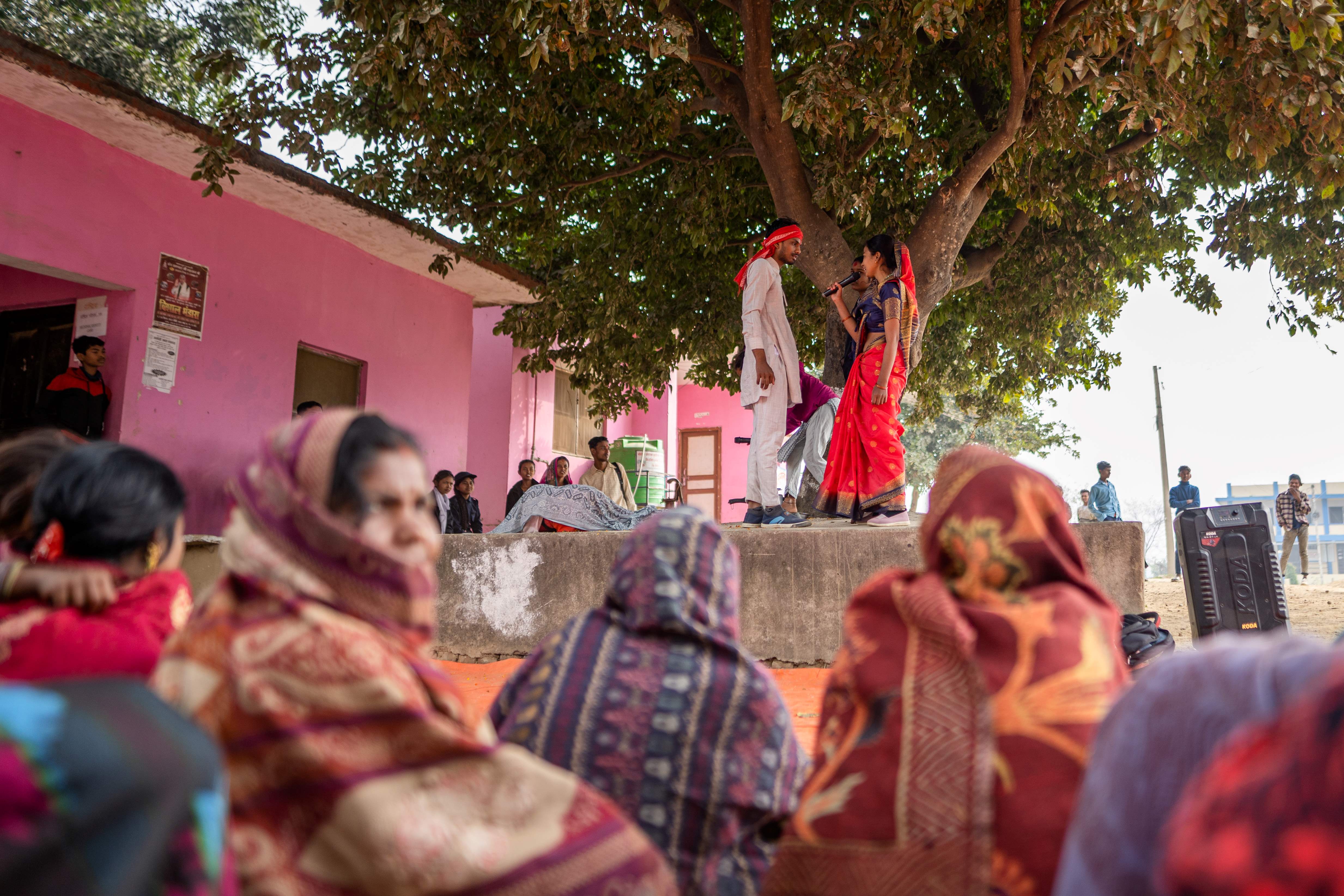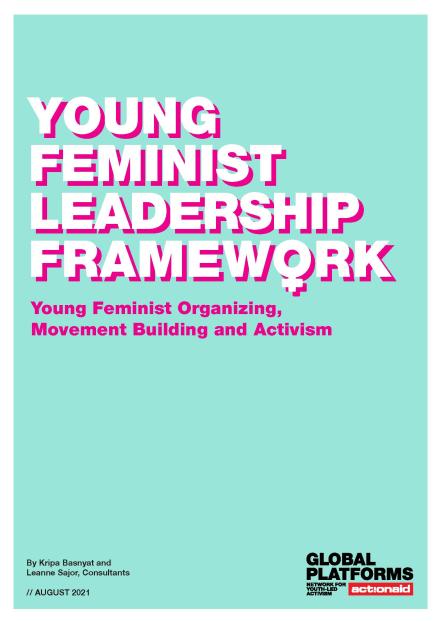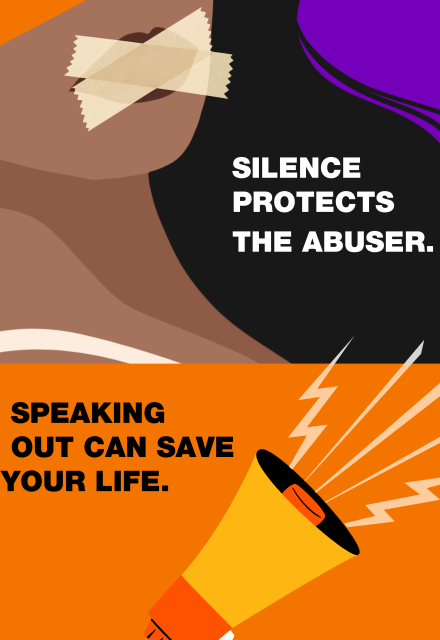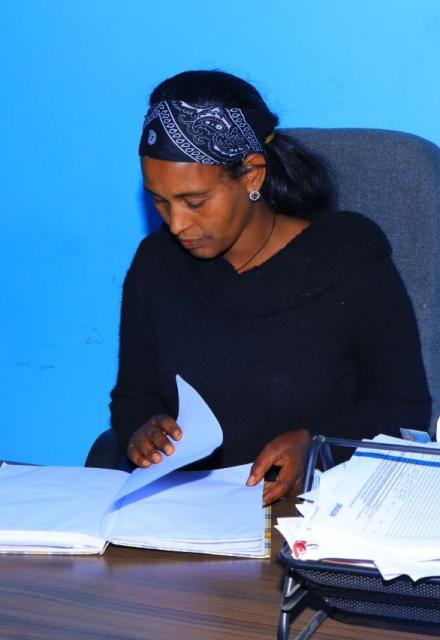In defiance of a system designed to suppress women and girls, Haseena embodies resilience and courage.
The day Haseena was born, her family was fraught with stress. She was the second daughter in a row in a society and family rooted in patriarchy where there is a loud preference for sons. To de-stress the family, Haseena's uncle stepped in with a “solution” - he proposed that she marry his son, deciding her future and fate from the moment she took her first breath.
Growing up, Haseena found herself navigating a continuous web of permissions, not just from her parents but also from her future in-laws. Every step outside her home required their approval, whether it was for school, different excursions or even the market.
Haseena, 18, is from Paterwa Sugauli, Parsa district in Nepal near the Indian border. Her society, deeply entrenched in patriarchal norms, regards daughters as burdens and women as commodities and providers of household labour, with no hopes or ambitions of their own. Despite these odds, support from DDRC, ActionAid Nepal's local rights partner, has been instrumental in the building of the agency of young people like Haseena in Paterwa Sugauli through the Samata Youth Hub. At 16, after persistent discussions back and forth with her prospective husband and his family, Haseena started going to Samata Youth Hub. Here, she learned about the adverse effects of child marriage and its linkages to domestic abuse.
Her journey towards liberation was met with challenges. When she travelled to other cities to participate in trainings organised by Global Platform Nepal, her husband to-be would harass her for travelling, sleeping at hotels, and interacting with men outside her family. Despite this, Haseena remained undeterred. After coming back from one training, she spoke to her parents, shedding light on the evils of child marriage and asserting her reluctance to get married. Her parents were not convinced.

During one of the community awareness programs organized by the youth hub, Haseena convinced her father to accompany her. In that program, Haseena spoke on her being betrothed on the day of her birth, how she believes child marriage is evil, and reiterated her unwillingness to go through the process. Eventually, her relentless determination paid off. After much convincing, her parents agreed that she would wait until 20, the legal age in Nepal to be married. However, her in-laws to-be remained steadfast in their insistence on an early union because girls in their society are expected to be married before they reach puberty. Faced with pressure, Haseena made a courageous decision to call off the betrothal and impending marriage.
Now, the families are not on talking terms. Though her actions led to strained relations within her family, Haseena remains unwavering in her commitment to her principles, “I am advocating against child marriage. How can I go ahead with it? This is opposite to what I believe in.” Reflecting on societal perceptions, she adds, “When an engagement or betrothal is called off, people in the community blame the woman. There must be something wrong with me, which is why it has been called off. For me, this does not matter because the person I was betrothed to is neither educated nor liberal in his mindset. I would not be happy with him.”
Haseena is hopeful about the future, as it is a future of her own making, and wants to finalize her education. She envisions working around social justice agendas and women’s rights wherever she will be. In defiance of a system designed to suppress women and girls, Haseena embodies resilience and courage. This International Women's Day, March 8th 2024, we celebrate Haseena, and countless other young women like her, who have defied and continue to defy harmful societal practices.




